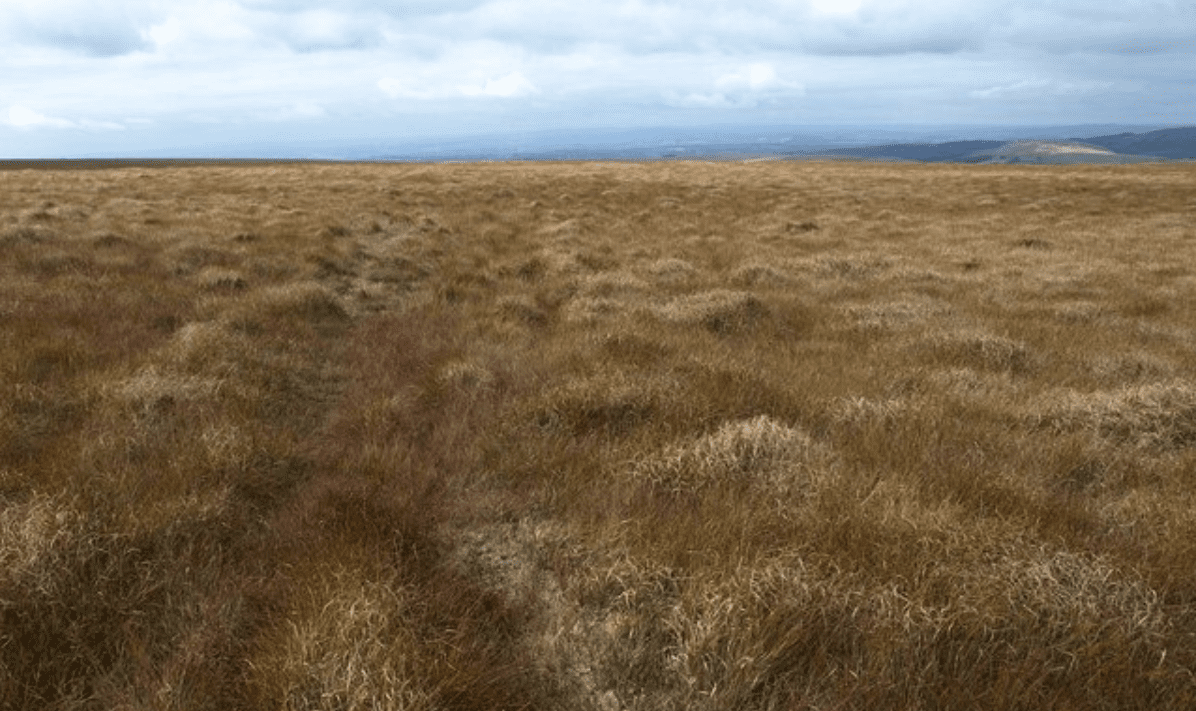The proposed EU Nature Restoration Law is “gathering opposition” in the European Parliament, according to the Irish Creamery Milk Suppliers’ Association (ICMSA).
The farm organisation was reacting to developments in the environment committee of the European Parliament today (Thursday, June 15) in which voting on a raft of amendments to the law was postponed until June 27.
Pat McCormack, the ICMSA president, said that this opposition is “encouraging and will prove decisive”.
He also called on the Taoiseach, Leo Varadkar, to explain how he was going to guarantee farmers that “no aspect of the law would be compulsory”, saying that the law “does not itself appear to contain the voluntary dimension”.
“We insist that there can be no degree of compulsion, and that the law itself recognises that absolutely,” McCormack said.
The ICMSA president also expressed misgivings on the support that the law is receiving from what he referred to as “multinational food corporations”, as well as “assorted extreme environmentalists”.
“The Nature Restoration Law now enables observers to see the question before us clearly. Either the concept of private property has meaning and validity, or it does not and the rights of the individual – on which everything else rested – are now dispensable and a matter of political whim,” McCormack said.
Meanwhile, the Irish Farmers’ Association (IFA) said this morning that the apparent lack of support for the law “should be a wake-up call for the European Commission”.
IFA environment chairperson Paul O’Brien said: “The commission has blundered on and refused to heed the warnings about what they were proposing to do. It’s been an example of how not to bring people with you.”
He said that the commission “has to take on board the widespread concerns raised, before it moves ahead with any new legislation”.
“Farmers recognise the role they play in supporting nature and are already carrying out measures to do this. However, the lack of clarity on the potential impact of the proposed legislation on farmland and production is very worrying,” O’Brien added.
